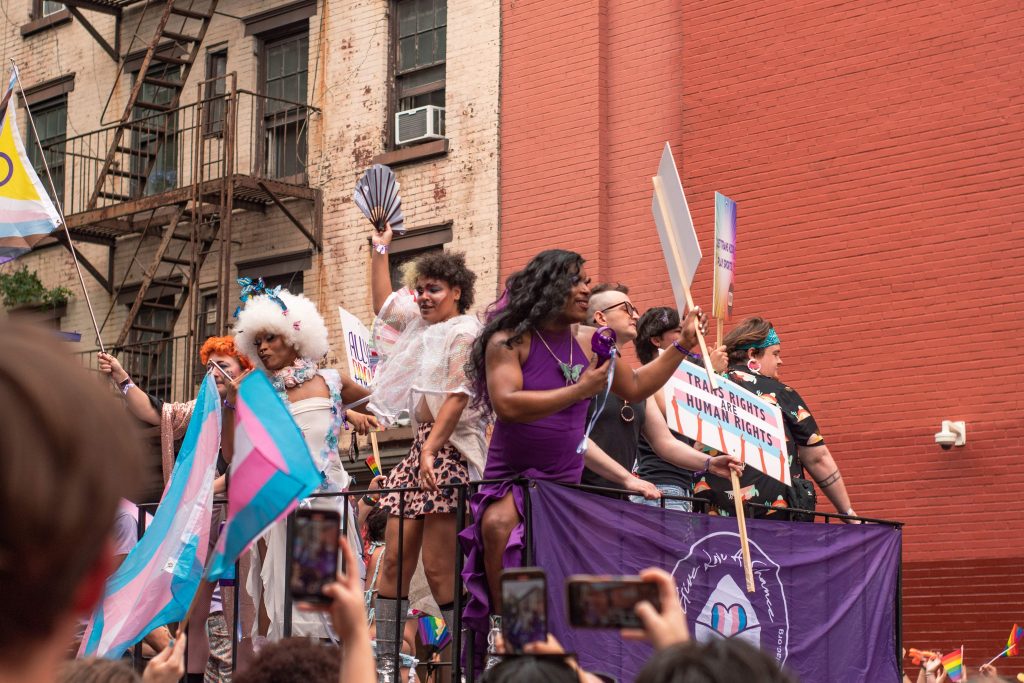
Given the recent supreme court decisions on Affirmative Action, LGBTQ+ rights and student loans, it is to no one’s surprise that human rights have once again come under attack.
According to the Williams Institute, UCLA’s school of Law, around 300,000 people under 18 identify as transgender, many who need gender affirming care and will soon be unable to receive it. Twenty states around the country, some notable ones being Alabama, Arkansas, Florida, Indiana, Kentucky and Tennessee among others, have started the process of restricting care by passing laws that place bans on gender affirming care. Increasing numbers of local judges have started banning these laws from taking effect. However, this may not be the best solution for this imminent issue.
To preface, the gender affirming treatment that transgender individuals generally require covers a variety of medical services and interventions that meet their specific needs. According to Planned Parenthood, some important services include “hormone and surgery” that “improve trans […] health.” Though many may not be aware, these therapies can be categorized as “medically necessary and can help increase gender dysphoria and/or increase gender euphoria.” Hence, removing such care from individuals who are transgender seriously hinders their ability to align their gender identity with physical characteristics.
Compounding these visible issues, there are underlying implications for transgender individuals and other marginalized communities as a whole. First, by denying transgender individuals with such gender affirming treatment, legislators are likely placing them at a higher vulnerability to experience a mental health crisis. Additionally, while transgender individuals already face significant barriers in social acceptance, employment and education, preventing them from receiving important medical care will only further widen the inequality gap between the transgender and cisgender communities.
With restrictions on this essential care becoming more commonplace by the day, one must wonder: where does it end? As the “leader of the free world,” why are we implementing legislation that is pushing us back to a time of discrimination and uncertainty?
As the attack on human rights continues, it becomes imperative to stop and think about the duty that each and every citizen has to protect others, regardless of their personal beliefs regarding the issue. So the question just becomes: when does it end?


